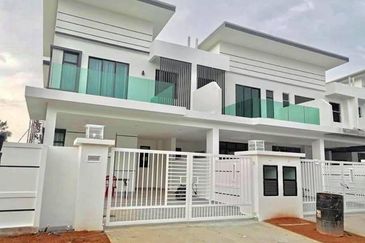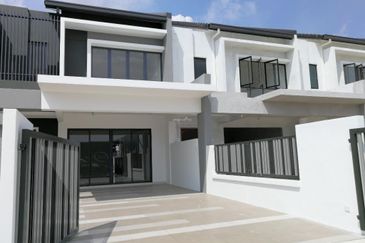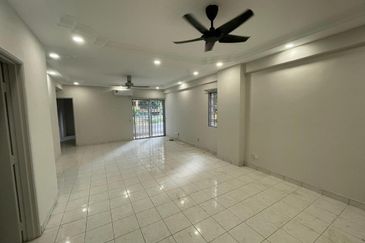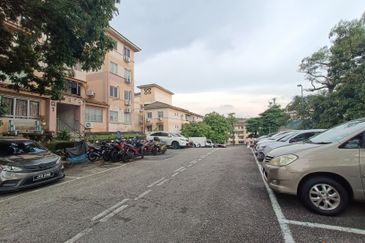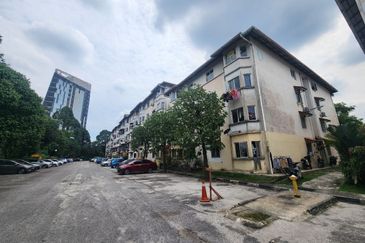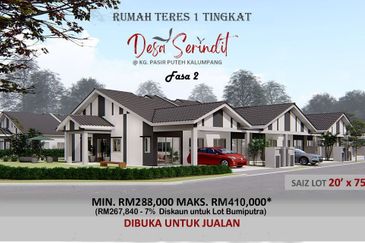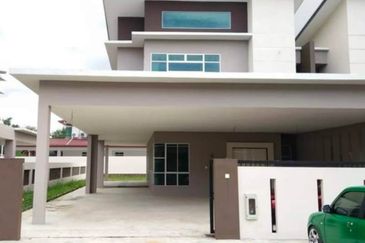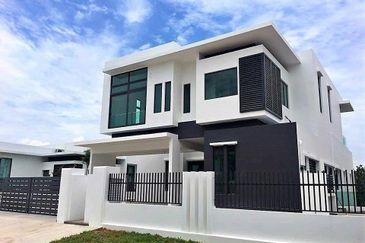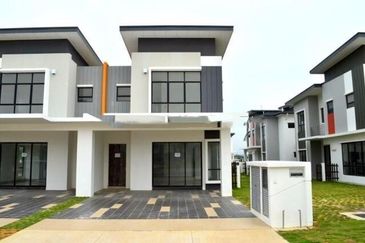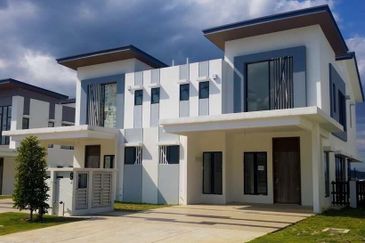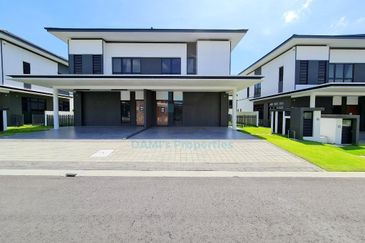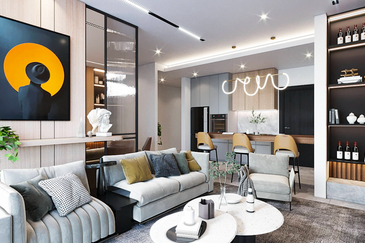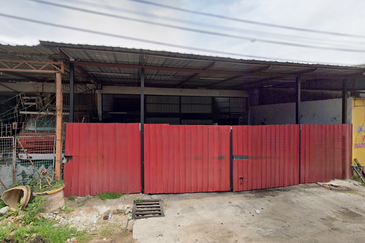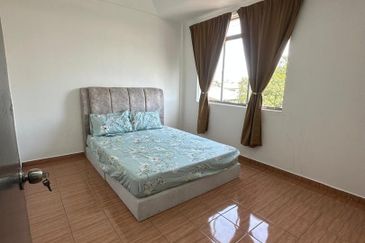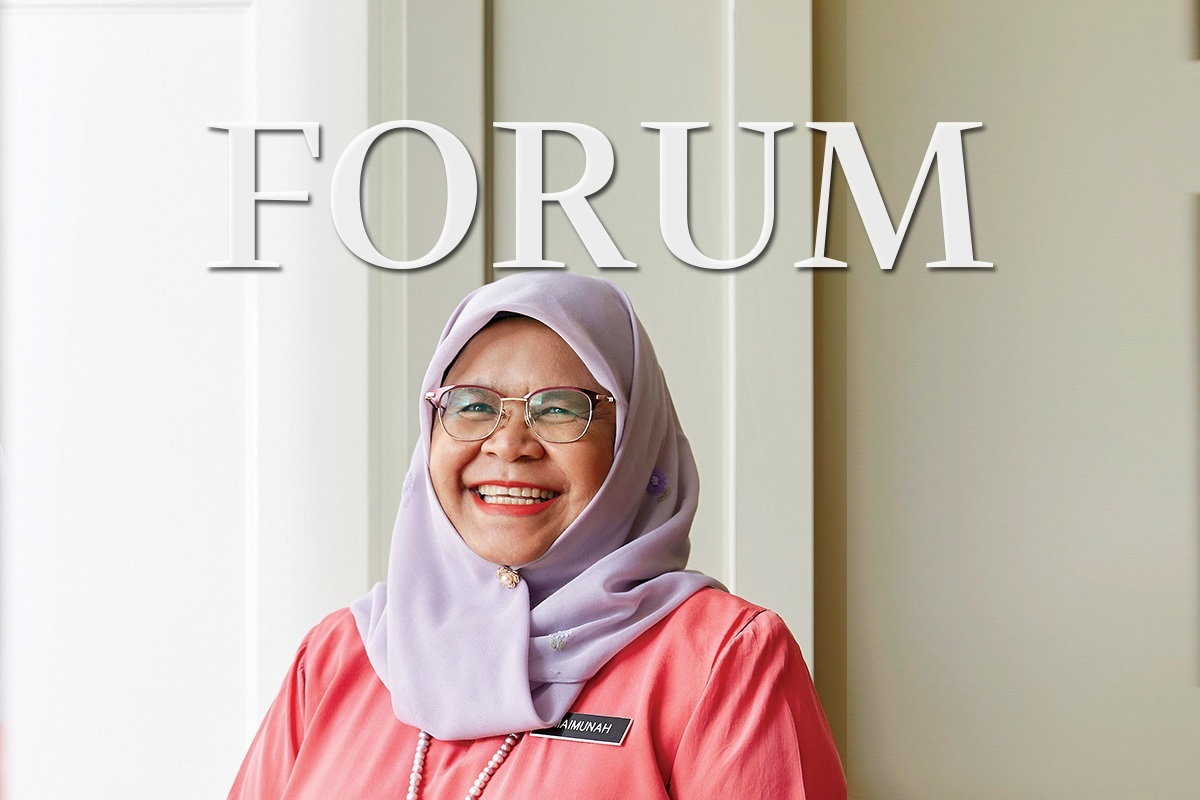
- Seri Maimunah Mohd Sharif’s mandate stretches far beyond ensuring the cleanliness and provision of smooth mobility and connectivity in the city.
Six months into the job, Kuala Lumpur’s not-so-new mayor Datuk Seri Maimunah Mohd Sharif (pictured) would have settled into the hot seat, leading a city that is a proxy for Malaysia.
By her own admission, Maimunah’s desire is for KL to be both liveable and loveable. Who can argue with that?
Everyday issues such as flooding, health and traffic congestion are a pain but Maimunah’s mandate stretches far beyond ensuring the cleanliness and provision of smooth mobility and connectivity in the city.
As DeepSeek puts it, KL is one of Southeast Asia’s most vibrant and dynamic cities. ChatGP concurs, calling it one of region’s most vibrant and modern cities.
Maimunah’s deliverables are many. Be that as it may, the city’s fundamental needs must not be neglected. A holistic and sustainable approach towards making life and living better is paramount. One cannot miss the forest for the trees.
Building a world-class city calls for sheer grit but sustaining its status and relevance during fast-changing times calls for another level of commitment altogether.
City Hall must strive to be a beacon of integrity, accountability and transparency (pardon the repetition but the point needs to be made). Human development, safety, security, community building and regular engagement with stakeholders must stay on its road map.
Regardless of their proximity and similarities, no two cities are the same. The problems encountered in KL are not a carbon copy of those in Penang — Maimunah was mayor of the Penang Island City Council in 2017 and 2018 before her appointment as executive director of the United Nations Human Settlements Programme (UN-Habitat), a post she held until January 2024.
KL’s robust growth is constantly redefining its skyline and creates a robust economy that inevitably results in pressing sustainable housing and development issues, among other things.
It would be impossible to identify all the areas that warrant Maimunah’s urgent attention, so let’s go with her aspiration to make KL a liveable and loveable city.
Maintenance, maintenance, maintenance
What does it take for a city that is growing so quickly to remain liveable and loveable at the same time?
For KLites to call the city home, they must be proud of their surroundings and have a strong sense of ownership. The latter calls for a responsible maintenance culture.
More Malaysians are gravitating towards high-rise living due to affordability issues and lifestyle changes. This trend is not about to go away. According to the latest Malaysian National Property Information Centre (Napic) report, as at September 2024, the country had slightly more than one million condominium and apartment units. Of these, almost one third are located in KL (305,833 units), behind Selangor (415,587) but ahead of Penang (112,560). This supply is on top of low-cost and mid-range flats, of which there are 834,616 units in total. Most of these are in Selangor (294,030), Penang (187,779) and KL (134,967).
In fact, in the first nine months of 2024, Malaysia’s portfolio of completed condos and apartments expanded by 17,137 units, contributed mostly by KL (5,589), Penang (4,219), Selangor (2,776), Sabah (1,344), Johor (1,174) and Perak (1,030).
In 3Q last year, an incoming supply of 139,706 units of condos and apartments was registered. These were mostly in KL (55,238), followed by Selangor (39,944), Penang (11,552) and Sabah (11,275).
As at 3Q2024, Malaysia had a planned supply of condos and apartments totalling 149,422 units. The bulk is in KL (69,652), followed by Selangor (30,374), Sabah (13,471), Penang (10,020) and Perak (6,323).
Statistics don’t lie — high-rise living is here to stay, and not just in KL.
Dotting the changing KL skyline are older high-rise homes, many of which have seen better days. After having been around for decades and sometimes victims of neglect, they are screaming for improvements.
Aesthetics aside, the safety of these buildings — their structure, state of the elevators or wiring — needs examination. How liveable are they?
It is not easy to maintain the quality and sustainability of a building. The upkeep demands commitment, expertise, transparency and co-operation from its stakeholders.
Many of the older flats in KL are government-owned. Besides the same old narrative of creating awareness and education among the residents about the need for quality maintenance of the buildings, what is City Hall’s plan to rejuvenate these buildings? Granted some of these are under the ambit of City Hall while others are the responsibility of the Ministry of Housing and Local Government or are privately owned, but all these buildings together make up KL. An ill-maintained building is not only an eyesore but also a safety hazard to not just itself but its neighbours.
People are typically resistant to change, even if it is for the greater good. Could Maimunah find a breakthrough in the “tidak apa” maintenance culture, which could trigger a pushback?
Housing and Local Government Minister Nga Kor Ming is striving hard for the redevelopment of aged buildings in the city but until that happens — and I don’t see it happening very soon — the liveability of these buildings is suspect. We do not wish to see slums in the making.
The maintenance of every property, whether high or low end, comes with its unique issues. Innovative concepts and architectural designs are refreshing but they may not be covered by the Strata Management Act 2013. Consequently, new issues and questions that arise are not addressed explicitly in the law.
The government has been talking for a long time now about amending the act. In the meantime, grey areas in the existing act continue to result in differing interpretations and this, naturally, often leads to disputes. Disgruntled parties then run to the Commissioner of Buildings (COB) for answers, advice and resolution.
For the COB to discharge his duties professionally and responsibly, there needs to be detailed investigation into all complaints. It is imperative to understand the real and practical issues on the ground. Hence, the team at the COB’s office, comprising accounting, legal, surveying and engineering experts, needs to engage with the relevant stakeholders, among them foreign investors. Ultimately, for transparency and easy reference, the entire investigation process must be documented, if it is not already being done.
Making homes cheaper
One oft-cited reason for rising home prices is the growing cost of doing business due to red tape and unnecessary delays in approvals. I asked developers what would help and below is some their feedback for Maimunah’s consideration:
• Enable real-time status updates and automated notifications on approvals, comments or required changes to plans. This eliminates the wait for physical letters and meeting minutes.
• Implement a secure e-signature system for correspondence and approvals. This prevents delays caused by the manual signing process by the designated signatories in City Hall.
• Communicate clearly all payment, contribution and deposit requirements at the One-Stop Centre stage, not at the endorsement stage.
• Allow online submissions of plans and dispense with the need for hard copies.
Liveable and loveable
KL is a bustling metropolis, trendy yet rich in historical and cultural heritage. The city is a melting pot of tradition and modernity, making it unique and memorable for tourists and locals alike.
A KLite tells me how much he misses the days when buildings were lit up during special occasions. This is food for thought; will City Hall bring this back?
But wait, why stop at just lighting up KL? How about throwing in a competition to get the temperature up? Surely this would be a hit with tourists! City Hall could be the facilitator. In the spirit of nation building, Tenaga Nasional could be roped in to drive costs down.
Back to making KL a liveable and loveable city. This is no child’s play. That’s the real deal.
This article first appeared in Forum, The Edge Malaysia Weekly on February 10, 2025 - February 16, 2025
Au Foong Yee (afyee@bizedge.com) is an editor emeritus at The Edge. She is the chief judge of The Edge Malaysia Best Managed and Sustainable Property Awards 2025.
EdgeProp.my is currently on the lookout for writers and contributors to join our team. Please feel free to send your CV to editor@edgeprop.my
Looking to buy a home? Sign up for EdgeProp START and get exclusive rewards and vouchers for ANY home purchase in Malaysia (primary or subsale)!
TOP PICKS BY EDGEPROP
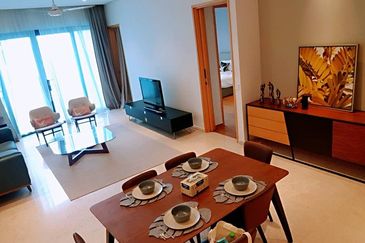
DC Residensi (Damansara City)
Damansara Heights, Kuala Lumpur
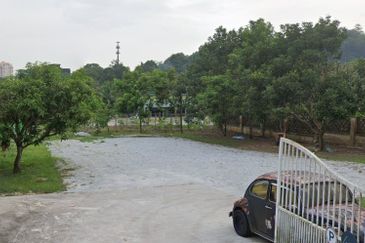
Sungai Penchala
Kampung Sungai Penchala, Kuala Lumpur
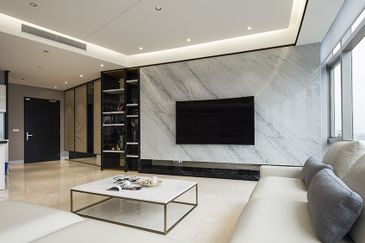
Kota Kemuning New Launch Resort Themed Condo 4 bedroom! Limited unit!
Kota Kemuning, Selangor

Seksyen 25, Shah Alam (Taman Sri Muda)
Shah Alam, Selangor
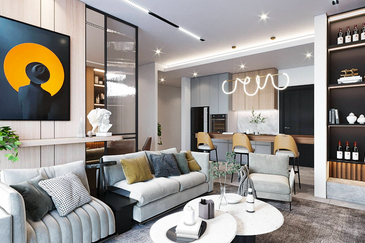
[80% Shah Alam People Buy Here!] Kota Kemuning 4R2B Resort Condo!
Kota Kemuning, Selangor


